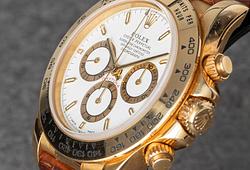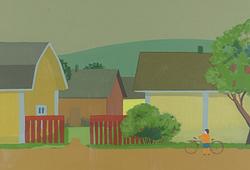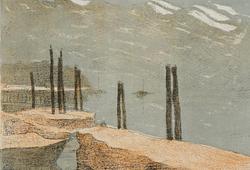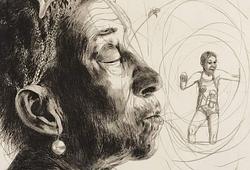Antonio Saura
"Autorretrato 209"
Signed A Saura and dated -62. Also signed and dated on the strecher verso. Canvas 60 x 73 cm.
Provenance
Galerie Rodolphe Stadler, Paris.
Collection Gomez, Tennessee.
Galerie Blanche, Stockholm.
Private Collection, Sweden, purchased from the above in 1975.
Exhibitions
Galerie Blanche, Stockholm, "Antonio Saura", 6 September - 1 October 1975, cat. no. 5 (exhibited under the title "Self-Portrait").
Bukowski Auktioner, Stockholm, "Modern before Modern, Bukowski's wish exhibition", 27 September - 1 October 2013,
Literature
Antonio Saura, "Livre de raison", mentioned as "1962/Stadler/Retrato 209 - 20f".
More information
Antonio Saura was born in Huesca, Spain. In 1954, Saura moved to Paris, where he met Benjamin Péret and other surrealists. His works from this period are characterised by biomorphic forms and evoke the paintings of Joan Miró. When he settled in Madrid in 1957, he began to paint in a stricter style, with themes limited to recurring subjects such as the female body and portraiture. Stylistically, he drew inspiration from both the expressionism of the New York School and from Art Informel artists like Jean Fautrier. That same year, he founded the artist group El Paso together with other Madrid-based artists.
The constant political unrest during the 1960s led Saura to have a conflicted relationship with his artistic practice. In 1965 and again in 1967, he destroyed hundreds of his paintings. In 1968, he completely abandoned oil painting for a decade and instead worked in other media.
Retrospective exhibitions have been held at several institutions, including the Stedelijk Van Abbemuseum in Eindhoven, Netherlands (1963), the Institute of Contemporary Arts in London (1966), and the Museo de Arte Contemporáneo in Madrid (1982). In 2003, the Guggenheim Museum in Bilbao presented the exhibition Antonio Saura: Memory and Recollection.
Saura received numerous awards and honours, including the Guggenheim International Award (1960) and the Grand Prix des Arts de la Ville de Paris (1995). He was also awarded the Carnegie Prize for his contribution to Documenta in Kassel, West Germany (1964).



















































